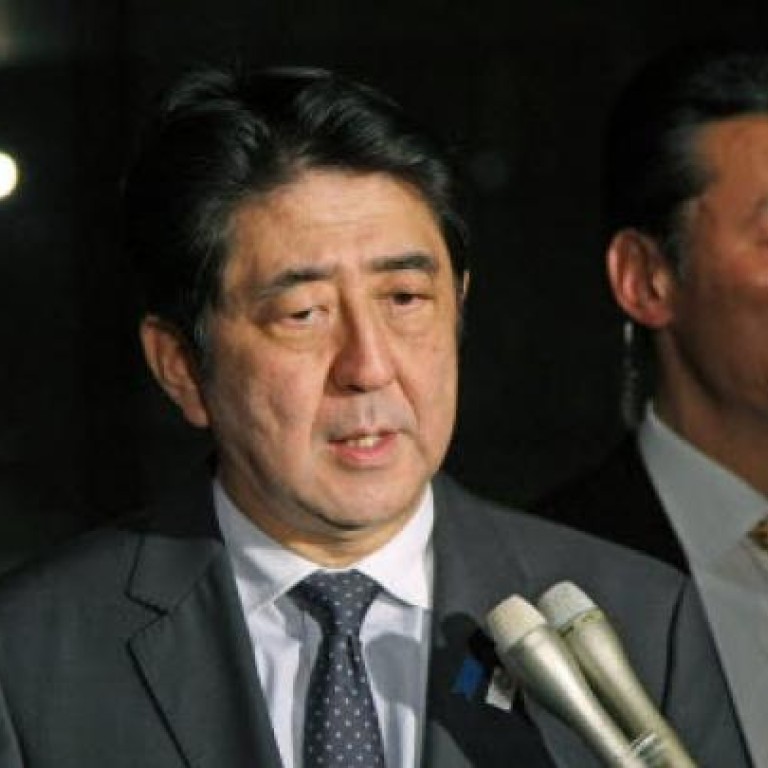
Japan court rules some election results ‘invalid’
Japan’s politicians were grappling with possible implications on Tuesday after a high court said some general election results were invalid, with other rulings expected later in the day.
Judges in Hiroshima, western Japan, on Monday declared the ballot in two constituencies in last December’s poll were unconstitutional and invalid, the first time a court has said a result was void.
The ruling said a huge disparity in the value of votes, caused by the vastly differing sizes of constituencies, meant some voters were partially disenfranchised.
However, the election result does not immediately get overturned and will be appealed to the supreme court.
“We humbly accept the severe court ruling, and will take appropriate measures after having a close look at the verdict,” Chief Cabinet Secretary Yoshihide Suga said on Tuesday.
Prime Minister Shinzo Abe’s government on Tuesday faces seven other district and high court rulings over the weight of votes in Tokyo, Osaka, and other parts of Japan.
A further verdict is expected Wednesday, bringing to 16 the total that will have gone through the courts since the December poll.
Lawsuits over vote disparities thus far have resulted in findings that ballots were “unconstitutional” but “valid,” with judges doing little more than urging politicians to fix the system.
But Monday’s high court ruling said politicians failed to correct vote disparities within a “reasonable period of time that is allowed under the constitution”, after the supreme court said in March 2011 the existing election districts were “unconstitutional”.
“The verdict on Monday is a message from the judiciary that politicians should lose no time in reforming the constituency system,” said Mikitaka Masuyama, professor of politics at the National Graduate Institute for Policy Studies.
But, he said, any attempt to even up the vote value of Japan’s densely populated cities with the emptying countryside risked creating geographically vast constituencies where inhabitants have little in common.
“If you pursue narrowing the disparity in voting power per person, it means a sparsely populated region has a huge district while a densely populated city has several very tiny districts,” he said.
